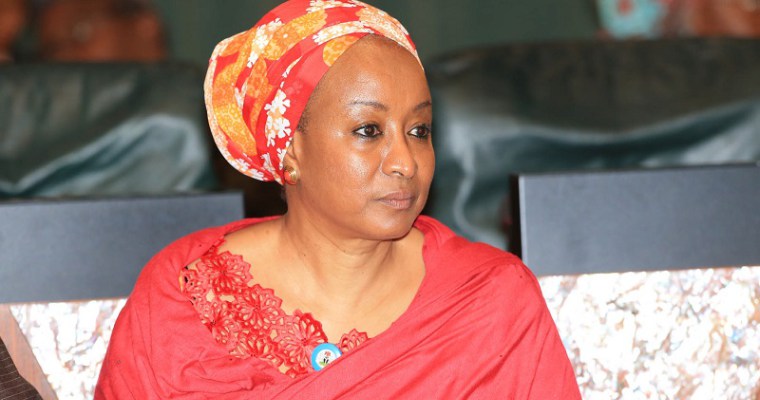The Federal Government on Thursday put the total sum expended so far on its Social Investment Programme (SIP) at N140 billion out of the N500 billion budgeted for the programme in 2017.
This is even as government also disclosed that in 2016, only N80 billion out of the budgeted N500 billion was released and spent, bringing the cumulative expenditure on the programme to N220 billion currently.
The programme within the period of implementation has four major components namely, the N-Power, National Home-Grown School Feeding Programme (NHGSFP), National Cash Transfer Project (NCTP), and Government Enterprise and Empowerment Programme (GEEP).
The details of the expenditure on the SIP were provided by the Special Assistant to the President on National Social Investment Programmes (SIP), Mariam Uwais.
According to her, the School Feeding Programme alone gulped N13 billion monthly to feed approximately 8.6 million pupils (8.596,340) in 46,247 public primary schools in all 24 states currently implementing the programme.
The states so far been covered by the NHGSFP include Abia, Adamawa, Akwa-Ibom, Anambra, Bauchi, Benue, Borno, Cross River, Delta and Ebonyi. Others are, Enugu, Gombe, Imo, Jigawa, Kaduna, Kano, Niger, Ogun, Osun, Oyo, Plateau, Sokoto, Taraba and Zamfara.
Uwais explained that through the NHGSFP, 90,670 Nigerians had also been engaged as cooks while over 100,000 local farmers had been linked to the programme to supply locally sourced farm produce.
She clarified: “We have created a value chain with significant economic benefits to the micro economic development of the states.
“The value chain offers additional benefits of job creation and increased livelihood outcomes for both cooks and small holder-farmers, hence improving livelihood and the local economies”, Uwais added.
The Presidential aide hinted further that government was having problems of mismanagement with the implementation of the school feeding programme in Niger and Benue states, thereby leading to the hand-over of some officials involved in the programme in the two states to the Economic And Financial Crimes Commission (EFCC) for investigation and prosecution.
According to her, the National Social Investment Office is empowered to suspend the programme in any state where the prescribed standard is reported to have fallen below expectation until a redesigned and realignment is achieved.
The NHGSFP, which is one of the four components of the national SIP, seeks to provide one nutritious meal a day to pupils in primary 1-3 in public primary schools in all states in the country.






